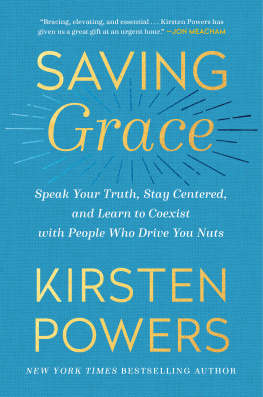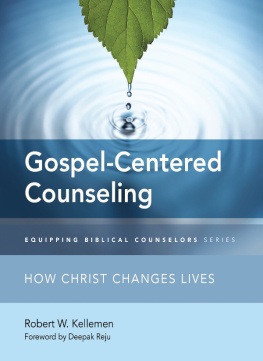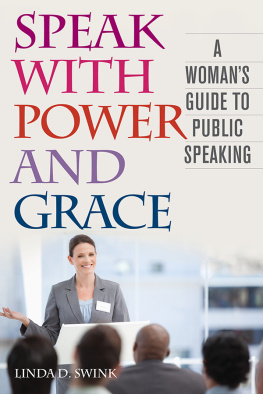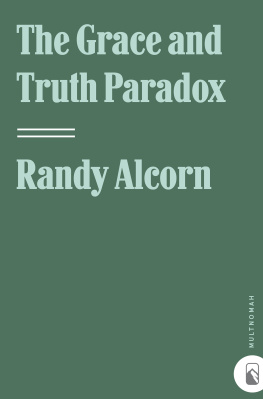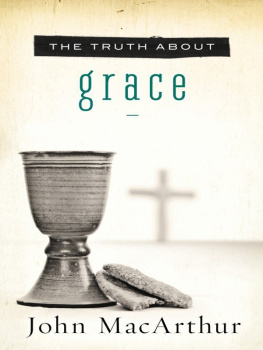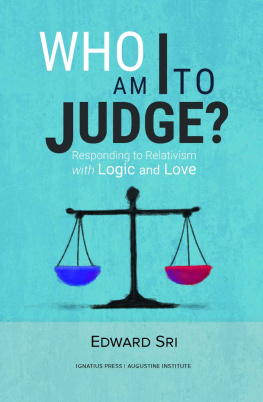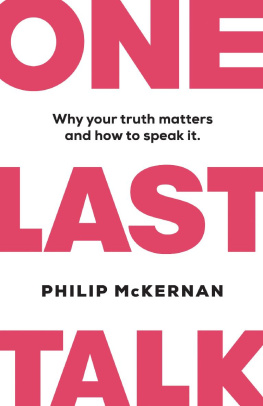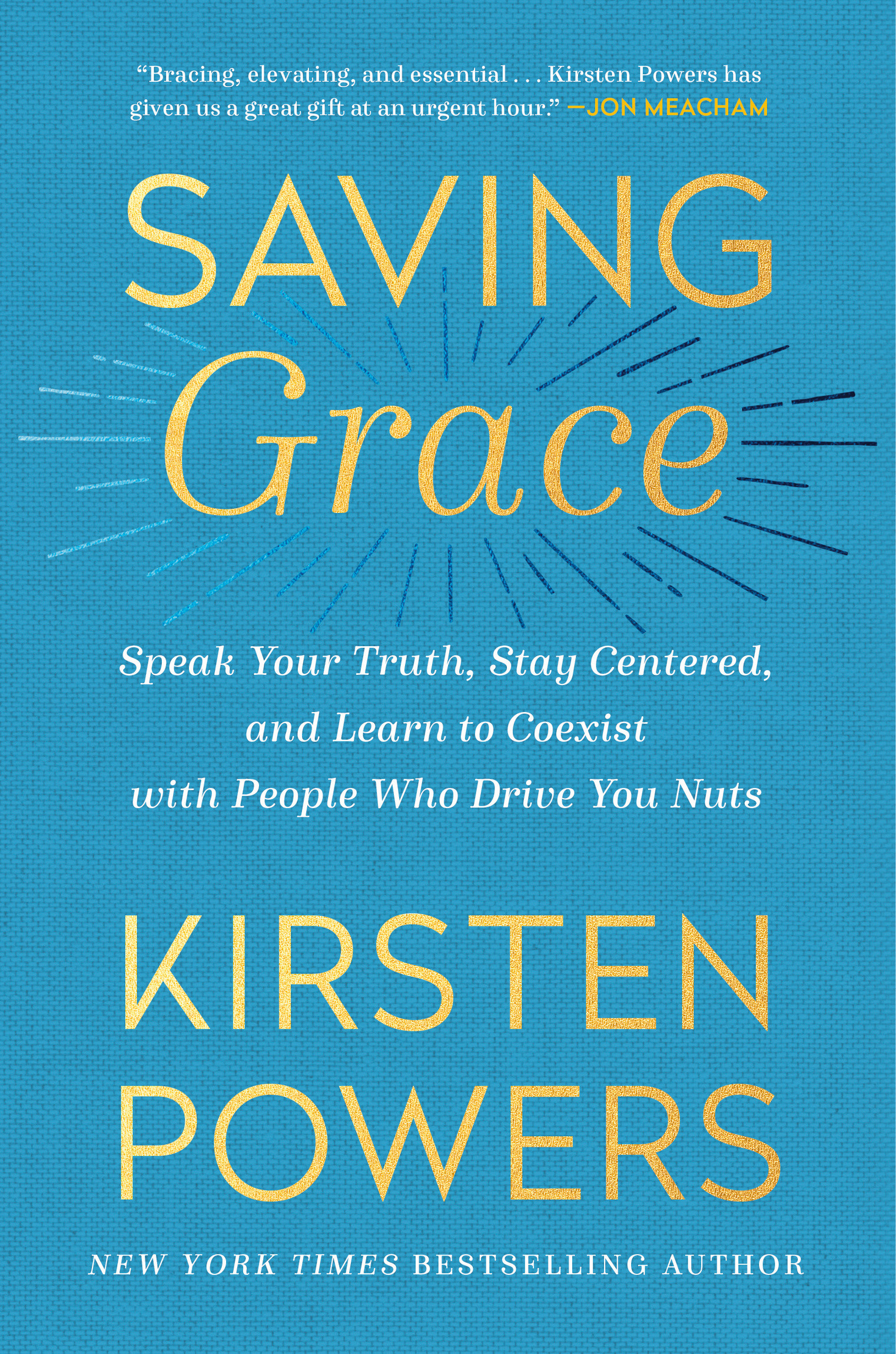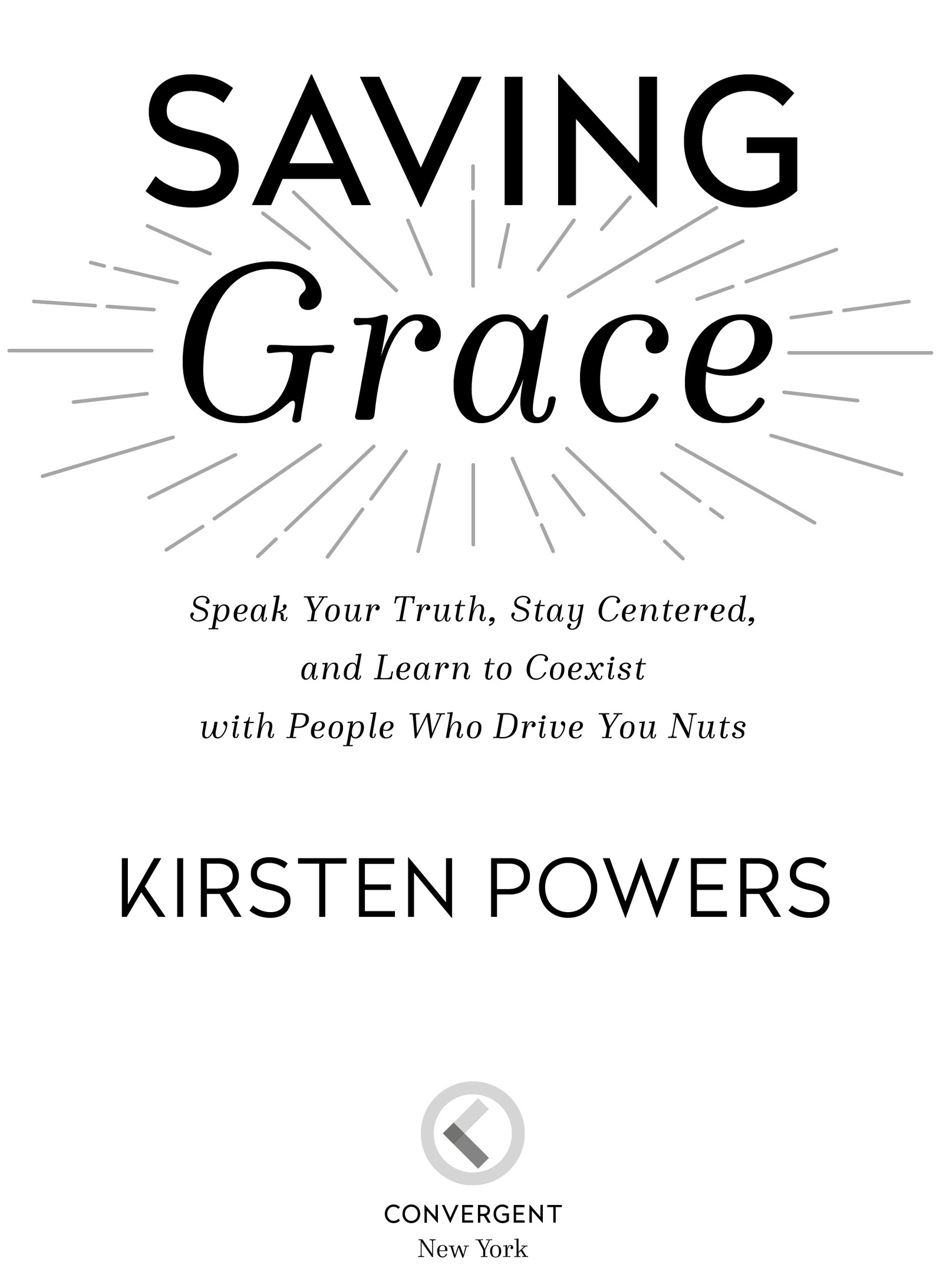All rights reserved.
Published in the United States by Convergent Books, an imprint of Random House, a division of Penguin Random House LLC, New York.
Convergent Books is a registered trademark and its C colophon is a trademark of Penguin Random House LLC.
Some names and identifying details of people described in this book have been altered to protect their privacy.
Names: Powers, Kirsten, author.
Title: Saving grace / Kirsten Powers.
Description: First edition. | New York: Convergent, [2021] | Includes bibliographical references.
Identifiers: LCCN 2021031950 (print) | LCCN 2021031951 (ebook) | ISBN 9780593238233 (hardcover) | ISBN 9780593238240 (ebook)
Subjects: LCSH: Social conflictUnited StatesHistory21st century. | Polarization (Social sciences)United StatesHistory21st century. | United StatesSocial conditions21st century. | Political cultureUnited StatesHistory21st century. | Grace (Theology)
Classification: LCC HN90.P57 P69 2021 (print) | LCC HN90.P57 (ebook) | DDC 303.60973dc23
AUTHORS NOTE
Striving to live a life oriented toward grace began for me purely as an act of self-preservation and survival following the 2016 election. I didnt have the capacity to continue engaging with what was happening in the world without feeling miserable and run-down. The judgmental soundtrack looping in my brain was stripping my life of joy. I often felt hopeless and helpless when I thought about the fate of our country.
I knew I had a real problem when I noticed I wasnt seeing people as complex human beings but rather as the sum total of their behavior or beliefs that enraged me. I fixated on what I believed about them and what I believed about myself. It usually went something like this: they are terrible/bad-intentioned/selfish people, and I am good/well intentioned/concerned about others. This automatic judgment led me to feel contempt and scorn and, at times, hatred.
Besides doing nothing to alleviate my miseryand as I would learn, was actually contributing to itthis mindset was at odds with my values. I needed a new framework through which to experience the world. I had an intuition that what I, and our culture at large, needed more of was grace.
I headed down this path reluctantly and haltingly and, at many points in the journey, considered turning back.
But ultimately, embracing grace as my lodestar ended up being a life-transforming experience, bringing emotional and physical healing to myself and relationships that I had almost written off as lost causes. The space in between self-preservation and transformation was filled with personal reckonings and revelations, emotional contractions and expansions, despair and elation.
Grace radically changed the way I see the world and what is possible for us.
What I offer here are not moral judgments, but practical insights and possible solutions. I draw on the wisdom tradition of Christianity, but Ive done my best to make this book accessible to people of all faiths and to those with no faith at all. The context of the book is political and ideological disputes and division, but the tools I share could work for any kind of difficult situation or relationship.
I dont believe that my ideas are right and that people who do things differently are wrong. As you will see, one of the first things I had to do on my journey toward grace was give up my reflexive dualistic thinking, which caused me to see the world through a starkly black-and-white lens. It was a world devoid of nuance.
When I wanted to learn about the power of grace in the face of grave wrongs and evil, I found myself drawn to civil rights icons like Rev. Dr. Martin Luther King Jr., the late Rep. John Lewis, and Ruby Sales. I was moved by the theology of Howard Thurman, one of Dr. Kings mentors. I read books and sought out wisdom from all kinds of other people as well, but I raise the civil rights heroes specifically because I know how our culture has whitewashed their words to suit the ends of those in power.
I know that Dr. King is all too often selectively quoted to make him seem less radical than he was and to misrepresent what he believed. I know how the styles of Dr. King and Malcolm X are cast in stark binariesone is good and the other is badand that is not my view.
When I draw on the wisdom of civil rights icons, it is because they hold a singular position in the history of this country. They have stared the Devil in the eyes and said, Not today. Then they did it again. And again. And again. They never lost their humanity or became filled with bitterness while facing down cruelty, oppression, and dehumanization. Their spiritual worldview resonates with me and challenged me in a way that I needed to be challenged. Specifically, they gave me a different perspective on my reflexive need to demonize and despise people who were expressing views or engaging in behavior I found harmful. When these civil rights leaders talk about God, it is a God with whom I relate. They talk about a Jesus and a Christianity I recognizeone that hasnt been distorted and destroyed by the need to dominate and control.
They give me hope for myself, for you, and for our country.
There are, no doubt, ideas in this book that with the passing of time I may see differently. After all, I am not the same person I was even two years ago. She at least seems familiar to me. The me of ten years ago is a complete and utter stranger. I know I will continue to grow and change. I also know that even the best of intentions cannot lessen the negative impact that our words or actions may have. If I have expressed myself in a way that is hurtful or misinformed, please call me in or call me outwith a little grace, I hope.
Finally, I want to make clear that this book is not the last word on grace, but rather an opening volley. It chronicles a swimming-against-the-tide journey to attain a more grace-filled state in a culture that is being torn apart at the seams. Its the fruit of interviews with sociologists, theologians, activists, psychologists, trauma specialists, meditation teachers, peace and reconciliation experts, and religious leaders.
Ive distilled my research, along with my own experiences, into what I hope will be a road map toward a little bit more grace. After all, if I could manage to figure out how to use grace to buffer the blows in the fight-club arena of American politics and media, then it just might be possible for you to do the same in your part of the world.

